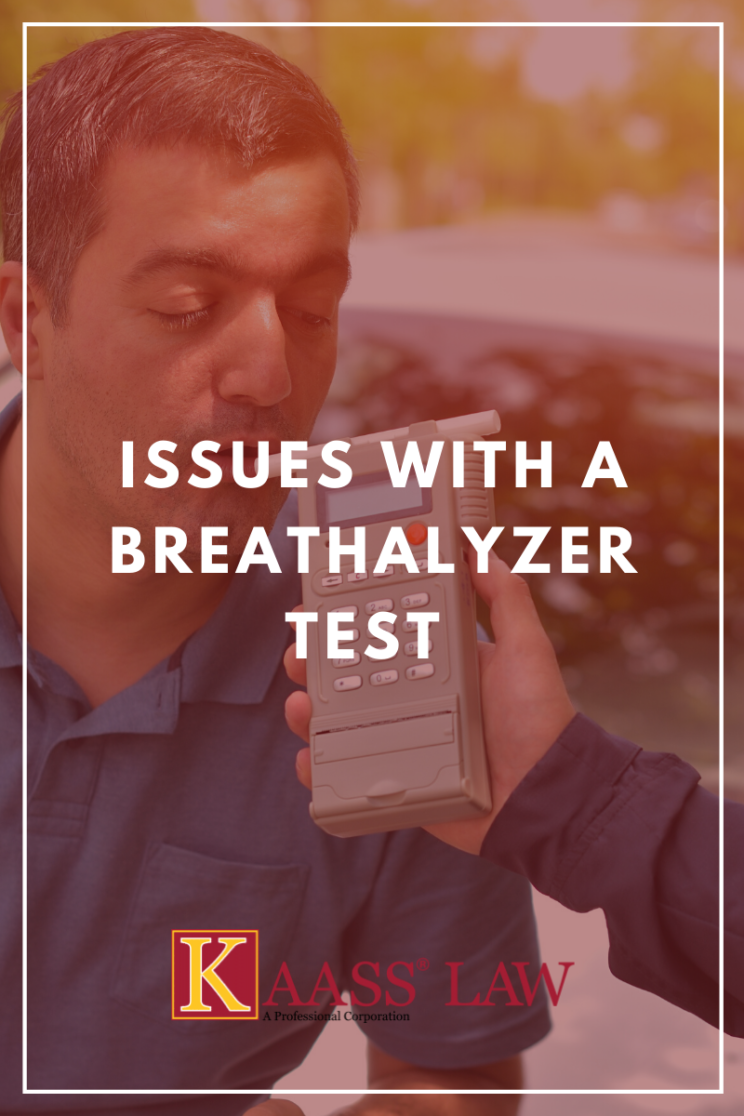Breathalyzer Test
When police officers pull a driver over for suspicion of drunk driving, the breathalyzer is one of the most common tools used to determine whether the driver was in fact driving under the influence. Essentially, a driver is told to blow into the breathalyzer which then determines the blood alcohol content of that driver.
Unfortunately, using a breathalyzer may result in false positives due to a number of factors that can throw the machine off. Some of the more common factors are included below.
Metabolism and Breathalyzer Test
Your metabolism rate can also adversely affect a breathalyzer reading. For example, if your metabolism is slow, then your body may take longer to absorb the alcohol, and the breathalyzer reading may appear to be higher than the actual amount of alcohol in your blood stream.
Residual Alcohol in the Mouth
The breathalyzer is made to detect alcohol in the mouth. Unfortunately, the machine cannot tell the difference as to when that alcohol was consumed. Thus, traces of alcohol in the mouth, absorbed from food in between the teeth or even mouthwash may show a higher reading of blood alcohol content.
Driver has Health Issues
Certain health issues of a driver may throw a breathalyzer test off and show a false high blood alcohol content. For example, a driver who suffers from diabetes and experiencing hyperglycemia, which is when someone has high blood sugar, may be detected by the breathalyzer resulting in a false high blood alcohol content.
Breathalyzer Machine Malfunction
Breathalyzer must be properly maintained in order to produce accurate results. This means that breathalyzers must constantly be recalibrated. Thus, should a police officer fail to calibrate the machine, false high blood alcohol content may result.
Glendale DUI Attorney
If you have been charged with a DUI, contact our office at (310) 341-711 for a consultation. Our DUI attorneys will help determine your case and whether you have any feasible defenses.

